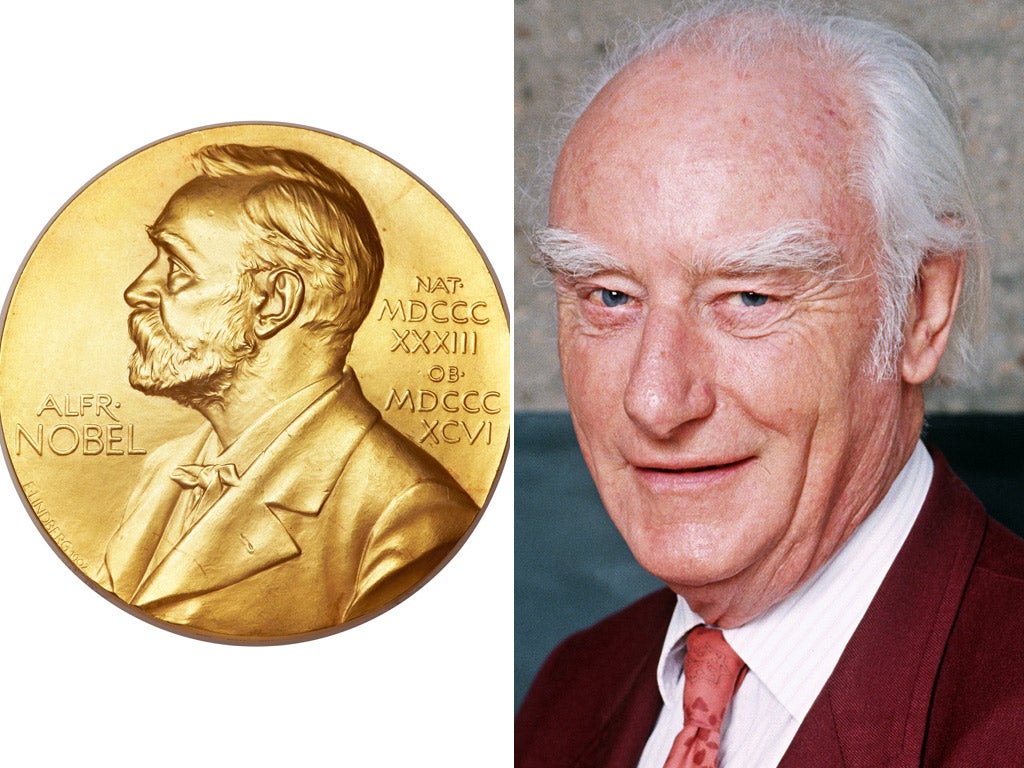Family of scientist who discovered double-helix to sell his Nobel Prize

Six decades after Francis Crick helped identify the structure of DNA, the Nobel Prize he received for the discovery is going under the hammer.
The Cambridge academic was awarded the Nobel Prize for Physiology or Medicine alongside James Watson and Maurice Wilkins in 1962, nine years after deciphering DNA’s double helix . But his family have now decided to put the medal and diploma, alongside other memorabilia, up for auction – the first time a Nobel Prize has been up for public sale.
Crick died in 2004 at the age of 88, and the 23-carat gold medal, which is engraved with his initials and the date of its award, has been in a safe-deposit box in California since the death of his widow three years later. Kindra Crick, the scientist’s granddaughter, said: “The family had a hard time knowing what to do with it the Nobel Prize. We were keen it didn’t stay in storage. We needed to make it available to someone who could take care of it but also put it on display.”
“This is a part of science history and there are a select group who would want to buy it and also be able to put it on show, which we would find hard, We hope it can inspire the next generation of scientists.”
Even during his lifetime, Crick kept the award locked away. His children do not recall seeing it after the ceremony, while granddaughter Kindra has never seen it.
“He was not one to have certificates on his wall. He was not one to rest on his laurels,” she said.
The initial bid for the medal and diploma is $500,000 (£330,000) but some have estimated it could end up going for as much as $5m when it comes up for auction in New York in April. Part of the proceeds will help fund the Francis Crick Institute, which is due to open in London in 2015.
Subscribe to Independent Premium to bookmark this article
Want to bookmark your favourite articles and stories to read or reference later? Start your Independent Premium subscription today.

Join our commenting forum
Join thought-provoking conversations, follow other Independent readers and see their replies